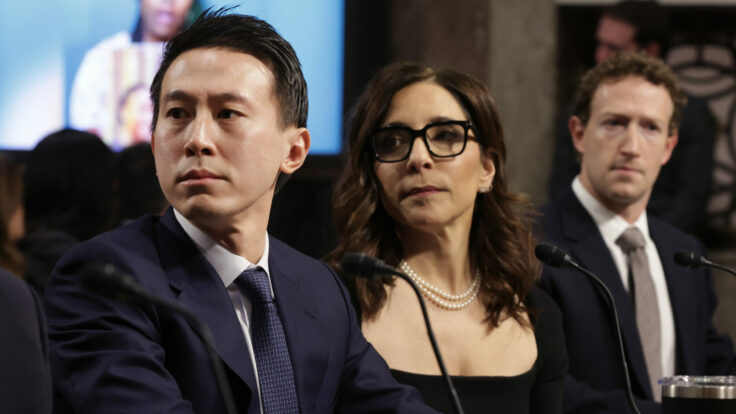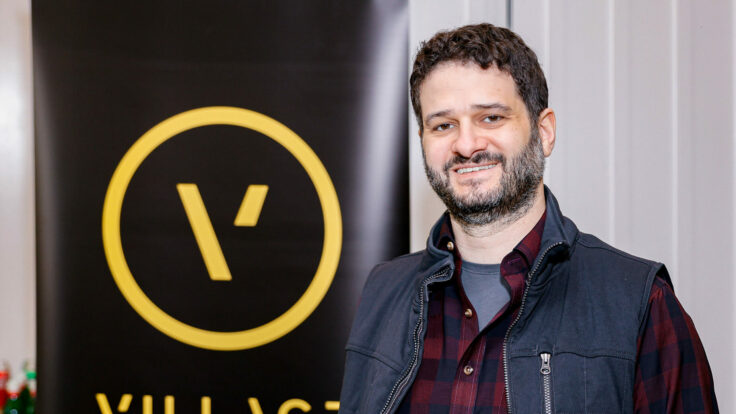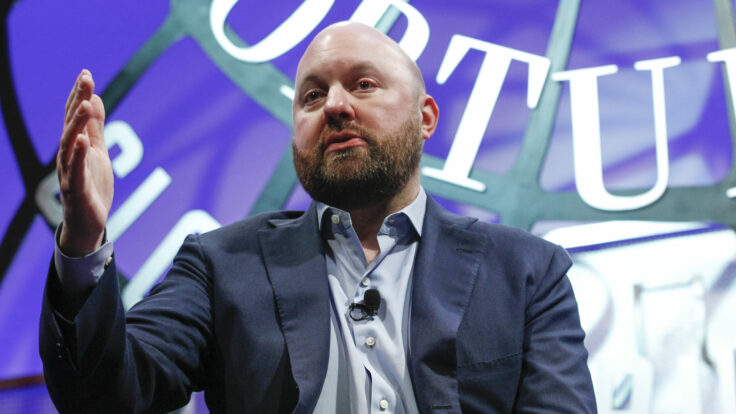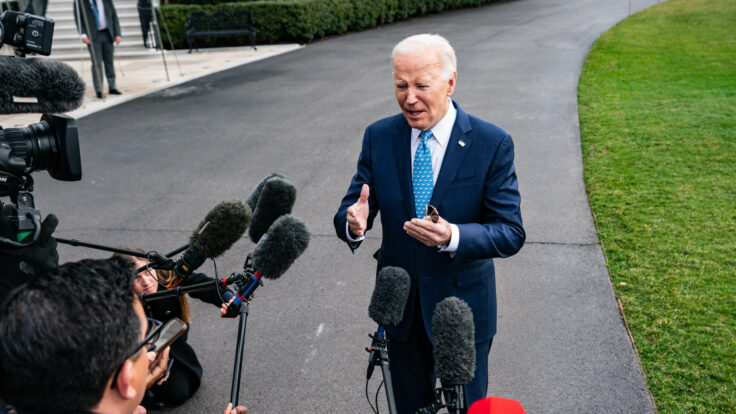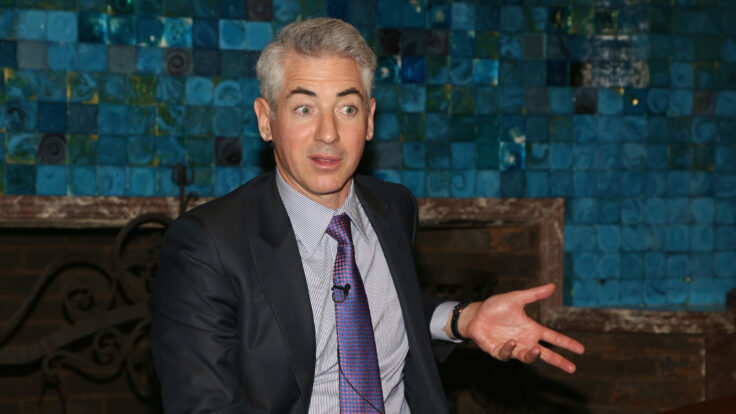In private and in public, I’ve long known Joe Lonsdale to be one of Silicon Valley’s most unapologetic voices. Probably most famous for co-founding Palantir with his longtime mentor, Peter Thiel, Lonsdale displays little inhibition at a time, and in an industry, when the gap between what people say publicly and what they profess privately often couldn’t be wider. For better or worse, Lonsdale provides an unvarnished expression of the venture capitalist id—and occasional fodder for its liberal caricature.
Lonsdale, after all, spent much of his early career in Thiel’s footsteps. He served as an editor of the Stanford Review, the provocative conservative student publication that Thiel co-founded, years earlier; interned at Thiel’s PayPal before it became a Mafia; and eventually became a right-hand man to Thiel, himself. Lonsdale would become one of the first employees at Thiel’s first investment shop, Clarium Capital, and then in 2004, helped him found Palantir, the data-mining, terrorist-hunting software company that made them both fabulously wealthy. That kickstarted a meteoric career—interrupted by a too-tangled-to-quickly-explain personal scandal—in which Lonsdale struck out on his own, founding the wealth management platform Addepar and a venture capital firm, 8VC.








